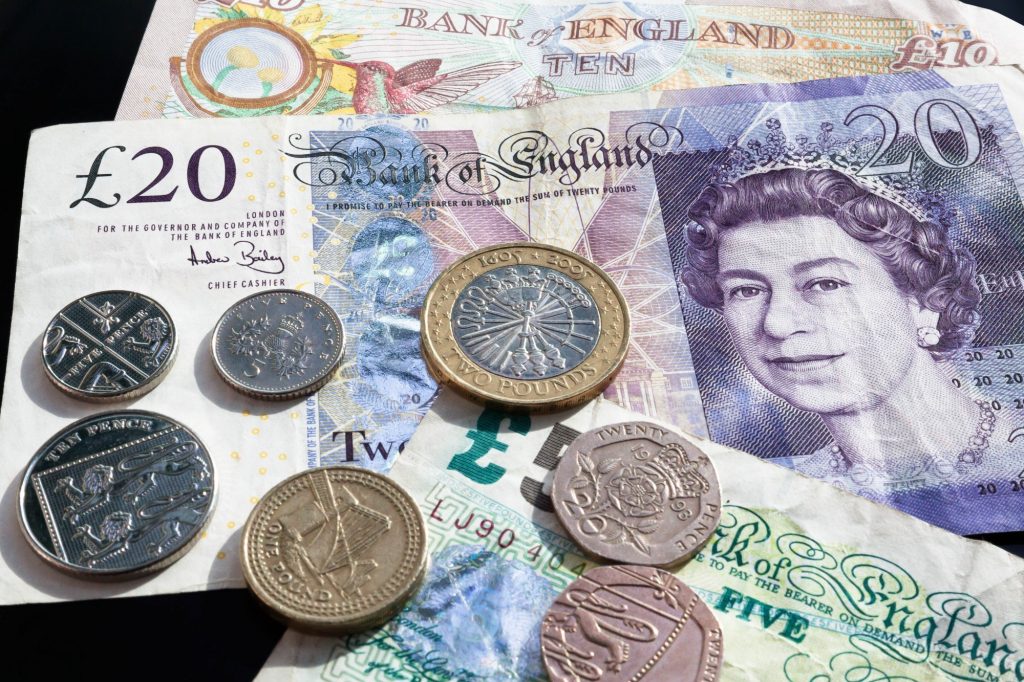If you have £100,000 or more in savings, keeping in safe is essential.
The risk-free, common-sense option to keep your money safe is to put into a savings account. Not only will your money be held safely, but it will also accrue interest.
But, are your savings working well for you? Are you getting the maximum amount of interest possible?
How well do you understand UK savings accounts?
We’ll explore the different savings options and the best place to invest 100k.
How to Find the Best Place to Invest 100k
There are several factors to consider before finding the best place to invest £100k.
Decide how long you would like to lock your cash away. The longer you leave your money, the more interest you will accrue.
Fixed-rate savings accounts that require you to hold your money in place over a certain amount of time can provide good returns. However, if you need your money back before then, you may not be able to access it.
Are you a pensioner or a student? Banks and building societies often offer preferential interest rates for different age groups. In which case, you should look for the best saving rates for pensioners or the best savings account for students.
You should also consider that you may need to split your money between multiple accounts.
Decide on whether you need access to your cash. Do you require online banking?
Is customer service important? Will you need to service your account in your local branch?
Work out what’s important to you, and make sure that you find an account that ticks all of the relevant boxes.
Don’t Put All of Your Eggs in One Basket
By spreading your investments across a range of different savings accounts, you will enjoy a variety of benefits.
If you have short-term requirements on some of your cash, put that money into an easy-access account with the best interest rates. For the rest of your cash, look for longer-term savings accounts that offer the best returns.
Similarly, if you are unsure about what you want to do with your money, keep it in easy-access savings accounts until you have decided. That way, you can still move your money out when you have a long term plan.
Financial Services Compensation Scheme
When you invest any money into a UK bank or building society account, you are protected. The Financial Services Compensation Scheme protects savings of up to £85,000, or £170,000 if it is a joint account.
If you are looking to place your £100,000 or more into any type of savings account, you will need to set up at least two different accounts with different banks to protect your money.
Alternatively, if you can set up a joint account, you will benefit from the higher level of protection.
The Financial Services Compensation Scheme is in place to protect your money in the event of the bank or building society being able to pay you your own money.
Making Use of ISAs
Savings accounts in the UK are subject to tax-deductions on interest payments.
Individual Savings Accounts (ISAs) offer the opportunity to save up to £20,000 each year, tax-free. If you have a partner, you could both invest £20,000 each in your own ISAs.
If you want to make the most of your savings, then you should take advantage of your tax-free savings allowance by opening an ISA.
You could opt for Cash ISA or stocks and shares ISA or a combination of both.
A cash ISA will act in much the same way as a savings account. With a stocks and shares ISA, your money is invested into stocks, corporate, and government bonds. You may return a greater degree of interest with this type of ISA; however, you may lose money too.
Finding the Right Savings Accounts
Find a savings account that offers you a rate of interest that is higher than the rate of inflation.
Inflation rates directly affect the value of your savings. If you place your money into an account with a 2% interest rate, then after one year, you will have 2% more money.
However, if the rate of inflation is greater than 2%, you will have more money, but that money will have lower purchase power than it did a year before.
Regular Savers
Regular savers accounts often offer interest rates that are higher than the rate of inflation.
With rates of up to 5% available, this type of savings account is certainly worth exploring.
You will need to be aware of maximum deposit limits, as well as the length of time that the rates will be valid.
Fixed-Rate Savings Accounts
Fixed-rate savings accounts will offer you the same rate of interest over a specified period of time. Typically, your money will be locked into the account for between one and five years.
The longer you are willing to leave your money in this type of account, the higher the interest returns will be.
Don’t Overlook Current Accounts
It is easy to think that a current account is just for holding your cash and paying your direct debits; however, they can be a useful tool for depositing large sums of money.
Many current accounts will offer a reasonably high rate of interest.
Usually, current accounts will offer a higher rate of interest for a small amount, and then a lower rate for any money thereafter.
For example, a current account may offer 5% on the first £2,500 for one year, and then 1% on everything above that amount.
Always Research the Best Deals
The best place to invest 100k will depend on the interest rates offered by banks and building societies. Banking products change, so shop around and find the best savings account that will work for your money.
For more advice and information about making your money work for you, explore the other articles on the blog.
